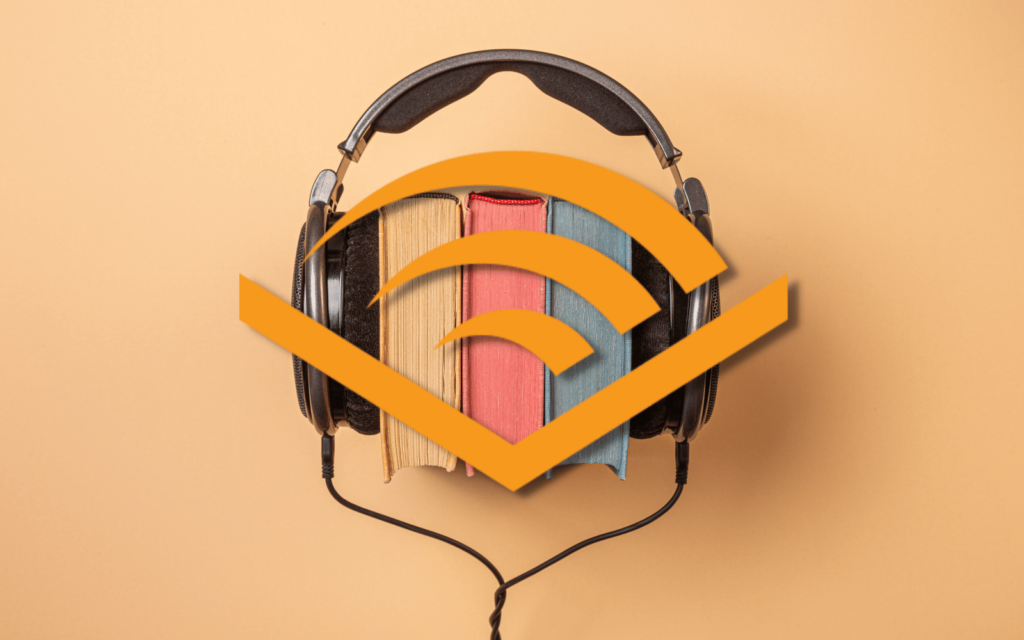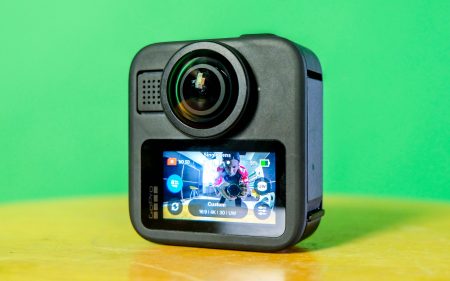When I told people about Audible five years ago, most responded to ask what it was. Now, only one in five asks that. The rest? They’re asking me for recommendations.
Audible has gone mainstream. Well, middle-class mainstream.
Schmoogling the best value out of Audible
I more often find myself explaining how to best make sense of Audible’s arcane credit system, and how to buy them as cheaply as possible. From way back when, long before Apple opened a South African app store, I opened a US account. I only switched to the SA store recently, so my advice is all Dollar-based.
Luckily, I was still in the US store when I bought my son JK Rowling’s seven-book Harry Potter series, read by Stephen Fry. Only books one, two and three are suitable for under 12s. Roald Dahl reads his own glorious stories in this collection of classics.
Buying seven audiobooks required some heavy number-crunching, even for someone who was born with seichel (Hebrew for common sense) in their DNA.
To understand Audible, you have to understand how it gamifies its offerings.
First, the Amazon-owned service wants you to always be a subscriber and collect your one or more credits a month. That basic plan costs $14.95/month (and is called Premium Plus) and gets you one credit a month. I think of $15 as the base price of an Audible credit.
If you want two credits a month, it’s $22.95/m (still called Premium Plus and $11.47 a credit) and if you only want one credit every two months, you pay $17 every other month (now called Premium Plus Bi-monthly).
If you opt for the annual option, you pay $149.50/year for 12 credits ($12.45 each) or $229.50/year ($9.56 each). Not surprisingly, it’s called Premium Plus Annual.
You can buy extra credits anytime, and the best value for money is five for $55.99 (which Audible helpfully tells you is “only $11.20 per credit” and is the “best value”). “Most popular” is three extra credits for $37.99 or “only $12.66 per credit” – while one extra credit is “only $14.95 per credit”. See why it’s the base price of a credit. Estimate all the plans and extra credit sales against that. Often, I have noticed that the list price is vastly reduced when you are an active subscriber. I’ve bought lots of good books at the $8.61 price point I often see. Be warned though, some $3 or $4 books I’ve discovered are only abridged halfway through.
Like any new (mostly) digital marketplace, there are regular deals and sales. I often look at what’s available but have seldom found anything I want to read/listen to.
A recent deal offered a free credit if you used three before 23 November. I used that to buy Yuval Noah Harari’s latest book, Nexus, as I was telling a friend last night. Let’s call him Miyelani.
I listen to four things, I realised looking through my library: serious fiction (the kind of high-brow literature I studied at university and still love), non-fiction, science fiction and Scandinavian crime fiction.
It only occurred to me two months ago to reread (listen) to Stieg Larsson’s excellent Girl with the Dragon Tattoo series, of which I have just finished book three. I’m emotionally exhausted. What a masterful storyteller, who takes you on a remarkable ride through modern-day Sweden (circa early 2000s, SMSing 2G cellphones and early internet services), Cold War espionage, up and down endless Stockholm streets ending in gardens, and adroitly using fiction to tell the real story: the appalling sexual abuse suffered by women in Sweden.
I came across Larsson around 2010, and was also introduced to Henning Mankell, the other Swedish crime author whose Inspector Wallander books were also made into movies, albeit straight to TV, starring Kenneth Branagh. (The second season of the prequel Young Wallander aired on Netflix this year.)
That was solidly in my Kindle phase of reading, so I was delighted to see that the Kindle book syncs to where you are in the Audible book. This is especially handy in the case of the Harry Potter series.
My favourite reading is science fiction. In my reading-loving parents’ house, there was lots of Isaac Asimov and JRR Tolkien. My parents read me The Hobbit as a kid and took me to see Star Wars when it first showed in South Africa. I was seven.
A recent find was Richard Morgan’s wonderful Altered Carbon series, which has since had two seasons as a Netflix show. I love his depiction of a future time when our consciousnesses have been digitised and are embedded in a physical device at the base of our skulls. Human bodies have become known by the slang name of sleeves because these digitised consciousnesses can be zapped across the universe (who ever really needs to know exactly how it works) and “resleeved” in bioengineered bodies. Morgan’s introduction of Martian culture and technology is a wonderful enigma that weaves through the books.
I also loved Ready Player One by Ernest Cline, which I loved on Kindle and loved even more because it was narrated by Wil Wheaton.
Here are some other of my favourite reads/listens from my love letter to Audible in 2022.
I’ve been listening to some really fascinating blockbusters about how we should keep our kids away from screens and social media for their own mental health. I especially recommend The Anxious Generation, How the Great Rewiring of Childhood Is Causing an Epidemic of Mental Illness by Jonathan Haidt.
Haidt is a professor at NYU Stern, as is Scott Galloway, whose The Four, The Hidden DNA of Amazon, Apple, Facebook, and Google, eviscerates how these tech titans have shaped our lives.
If you are interested in the tech world, then Kara Swisher’s Burn Book is an epic front-seat account of the rise of Silicon Valley by the first-ever IT journalist, hired by the first-ever technology journalist, Walt Mossberg.
If the internet has a patron saint, it is Kara Swisher. She is the Hunter S Thompson of technology journalism. When I grow up I want to write like her, while still retaining her true-north moral compass and acerbic wit. I also wouldn’t mind growing up to be as sarcastically funny as Scott Galloway.
I’ve loved Johann Hari’s mind since he wrote Chasing the Scream about addiction, and think his latest book, Magic Pill about Ozempic and the miracle weight-loss drugs is a must-read/listen. Chapters one, two, five and eight are great brainfood – especially in conjunction with chapters five, 14 and 15 of Bill Bryson’s The Body, A Guide for Occupants.
The whole of Bryson’s latest book is required reading, especially because he reads it himself (as does Hari) and he’s so outrageously funny and outrageously brilliant. He does this deep dive into a topic – At Home, The Mother Tongue, Shakespeare, and his epic A Short History of Nearly Everything – and finds all the fascinating and hilarious nuggets to share with you. You can hear him almost laughing sometimes.
Happy listening.



